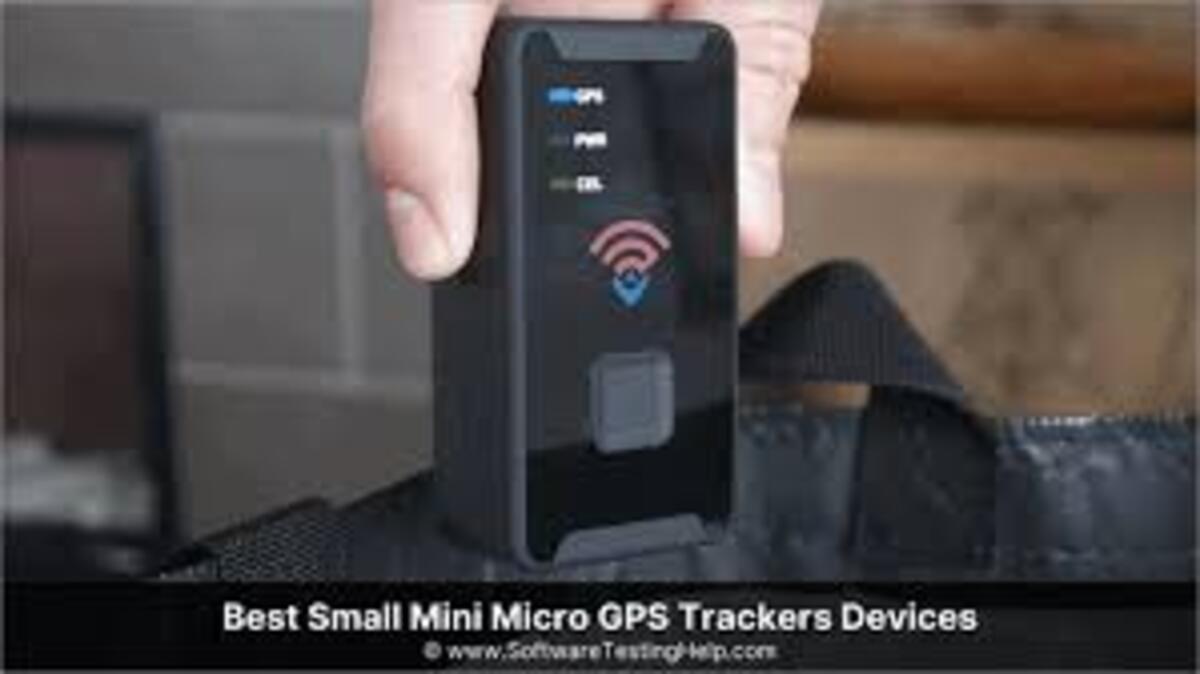Tech
Importance and Impact of GPS Trackers in Modern Society

Technology’s impact on our daily lives has never been more precise, with GPS trackers being among the most visible examples. Once thought to be bulky equipment, tracking devices have since transformed into compact units that can easily be installed – becoming indispensable components of many uses and functions – such as car tracking!
A Brief Overview of GPS Tracking Devices
GPS (Global Positioning System) trackers rely on satellite signals to pinpoint and relay the location of an object or person. Modern advancements have expanded these tracking devices’ functionality even further, offering real-time tracking, route history reports, and instant alerts.
GPS Trackers Benefit Personal Use
1. Safety First: One of the primary advantages of GPS trackers is the safety they ensure. For families, these devices can be used to monitor the whereabouts of children, especially when they’re out playing or traveling to school. This not only gives parents peace of mind but also ensures that children have an added layer of security.
2. Asset Protection: Whether it’s a precious piece of jewellery or an expensive electronic gadget, tracking devices can help safeguard valuable assets. In the unfortunate event of theft, the chances of recovery increase significantly with a GPS tracker in place.
GPS Tracking for Cars: More Than Just Location
The importance of GPS tracking for cars cannot be understated. From personal vehicles to expansive commercial fleets, the application of GPS trackers offers numerous advantages:
1. Anti-theft Mechanism: GPS trackers offer several immediate advantages when it comes to theft prevention. Geofencing alerts allow early detection of possible vehicle theft – another benefit.
2. Effective Fleet Management: Tracking devices are invaluable assets for businesses relying on fleet vehicles. They allow efficient route planning, driver compliance monitoring and fuel cost reductions through idle time tracking and route optimization and can reduce driver overwork due to monitoring sluggish times.
3. Maintenance Reminders: Some advanced trackers provide reminders for regular car maintenance to extend its lifespan and avoid potential breakdowns.
4. Insurance Benefits: Many insurance companies provide discounts for cars equipped with GPS trackers due to reduced theft or misuse risks associated with stolen or unintended vehicle use.
The Broader Impact of GPS Trackers
GPS Trackers Serve Multiple Sectors GPS trackers play an essential role in multiple sectors, such as logistics, wildlife conservation and emergency response. They ensure timely deliveries of goods as well as tracking endangered species or help locate individuals during disasters.
The Evolving Landscape of GPS Tracking
The technology surrounding GPS trackers and tracking devices continues to advance rapidly into the 21st century. Not only has hardware changed, but software, data analytics, and integration capabilities have all progressed tremendously as well. Here is a glimpse at what may become the evolving landscape of GPS tracking.
Integration Into Smart Cities
Smart cities are quickly becoming a reality as cities utilize technology to enhance the quality of life for their residents while streamlining municipal operations. GPS trackers play an integral part in this transition by embedding them in public transportation vehicles and connecting them with traffic management systems – helping cities reduce congestion, optimize routes, and enhance safety measures.
Conclusion
Information is power, and real-time tracking provides more than convenience – it also enhances security and efficiency. GPS trackers, particularly car trackers, have become indispensable devices that demonstrate their value daily in our lives. With technological developments underway, we can expect these essential devices to gain even greater uses; from keeping loved ones safe to business efficiency, they have made an indelible mark on modern society.
Frequently Asked Questions (FAQs)
What Is A GPS Tracker And How Does It Work?
A. Its mes mes mes pinpoints the precise locations of vehicles, people or assets attached to it, connected to multiple satellites before triangulating its position before relaying back via cell network or satellite directly back to its receiving device or platform.
Can GPS trackers function without cell service?
A. While many GPS trackers rely on mobile networks for location data transmission, satellite-based trackers offer another alternative which could prove especially helpful in areas with inadequate cell coverage. However, these might incur additional operational costs.
How accurate are GPS tracking devices?
A. The accuracy of a GPS tracker depends on its quality, the number of satellites it can connect with and environmental conditions. In general, however, most trackers with clear skies can identify locations within several meters – however, obstructions such as tall buildings or dense foliage may diminish this accuracy.
What Are the Differences Between Passive and Active GPS Tracking?
A. Passive trackers store location data internally for later retrieval; however, they do not transmit their current location in real-time so you will have to retrieve your device to view or analyze its information physically. In contrast, active trackers send updates directly to a central system or app, allowing instantaneous location monitoring and tracking.
Harper Harrison is a reporter for The Hear UP. Harper got an internship at the NPR and worked as a reporter and producer. harper has also worked as a reporter for the Medium. Harper covers health and science for The Hear UP.










